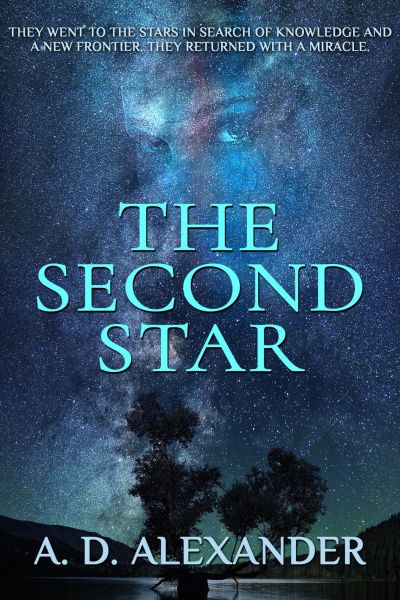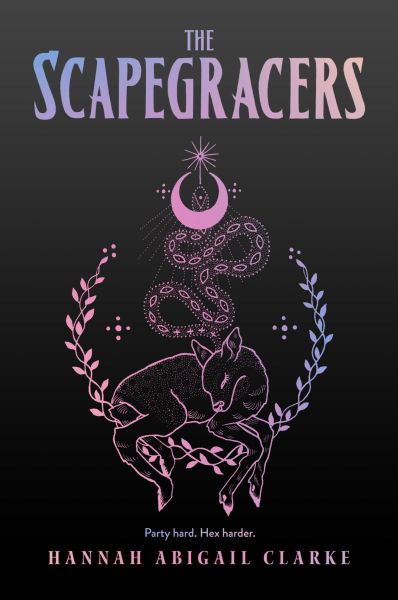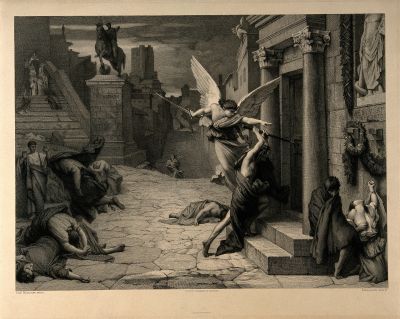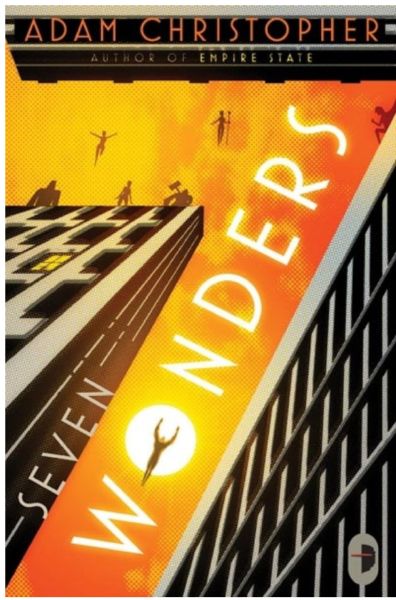News that an exciting new coronavirus is spreading, facilitated by our modern transportation networks, might seem a little alarming. Simple logic says we probably shouldn’t worry too much. Aside from the HIV/AIDS Pandemic, the 1968 Flu Pandemic, the Asian Flu (1956 – 1958), the 1918 Flu Pandemic, the First through Sixth Cholera Pandemics, the Black Death, Justinian’s Plague, the Antonine Plague, the Plague of Athens, the Plague of Cyprian, the Roman Plague of 590, the Plague of 664, the Japanese smallpox epidemic, not to mention the near-annihilation of various indigenous populations winnowed by virgin field epidemics following contact with the Old World, epidemics and pandemics have played minor roles in human history. I suggest you stop thinking about alarming news articles, ignore that odd tickle at the back of your throat, and relax with some diverting works of science fiction. Every two weeks or so for the foreseeable future, I will review works of never-were exploring that unlikely scenarios, global pandemic.
Here are nine of the possible candidates. Suggestions welcome!
● Mary Shelley may today be best known for her classic novel Frankenstein, but it is by no means her only significant work. In her The Last Man (1826), political and geopolitical struggle prove side-issues as a deadly plague spreads across the world. Possessing only rudimentary medical technology, Shelley’s characters lack any means to cure the plague or limit its spread. For some, the chaos that follows provides opportunity … but their successes are but a prelude to inevitable death. The only way to escape the plague is to die of other causes first.
● Contagious disease is a misfortune suffered only by the poor. The pretty folk at the top of the social pyramid will no doubt be spared. Or so the wealthy convince themselves in Poe’s The Masque of the Red Death (1842). They sequester themselves in a country mansion, believing that this will save them from the red death. It doesn’t.
● Former professor James Smith is one of the few who survived the eponymous plague in Jack London’s The Scarlet Plague (1912). Most Americans die. So does civilization. Smith does his best to inspire in his savage descendants a sense of what has been lost. They dismiss his tales as fantasies inapplicable to the real world.
● Laid up by a rattlesnake bite, Ish inadvertently avoids the global pandemic that depopulates the world in George Stewart’s Earth Abides (1949). Like a modern-day Ishi1, Ish is forced to live in a world transformed. His skills have little relevance to the new realities. His efforts to preserve at least a little of the old America are, like those of Smith in the previous tale, doomed.
● William C. Heine’s The Last Canadian (1974) begins with a happy moment: American-born Eugene Arnprior receives notification of his Canadian citizenship. Then a Soviet-engineered super-virus sweeps across Canada and the other nations of the New World. Natural immunity spares Eugene but not his family … nor most of the rest of the North and South American population. Now an asymptomatic carrier, Eugene struggles with his grief in a landscape virtually empty of other humans. He turns his pain outward: he will travel and infect those who survived.
● In the backstory to Jake Saunders and Howard Waldrop’s The Texas-Israeli War: 1999, interfering do-gooders convinced the great powers to set aside most of their nuclear arsenal. Never underestimate human ingenuity: the war of 1992 was fought chemical and biological weapons. The world of 1999 is a much emptier one. Lacking enough numbers to crush the Texan insurgents, America has no choice but to import mercenaries from the one industrialized nation spared in the exchange: Israel!
● In Steven King’s The Stand (1978), the American Military Industrial Complex accidentally unleashes a highly contagious, nearly 100 percent fatal disease on the world. National defense ceases to be an issue! What follows is a struggle between good-hearted survivors and pure evil2.
● The bumbling academics of Connie Willis’ The Doomsday Book (1992) possess the secrets of time travel. The universe has a causal immune system to protect history from meddling time travellers; if a traveller’s intended destination would permit them to alter history, “slippage” diverts them somewhere where they are much less likely to cause temporal havoc. Kivrin Engle sets out for Oxford in 1320. She arrives in 1348, in a small village in the path of the Black Death.
● In Alastair Beaton’s A Planet for the President (2004) an American president who has laughed at tales of environmental crisis discovers that the crisis is killing people he knows. Solution: engineer a plague that will kill off the planet’s surplus population. This will not affect Americans, who will be protected by their state-of-the-art medical establishment. It turns out that the establishment isn’t as good at producing vaccines as it has led others to believe.
***
There, don’t you feel better now? If you’ve got any more suggestions for what-me-worry? novels, feel free to mention them in comments.
1: But Ish isn’t entirely alone. Ishi was, because American settlers deliberately carried out a decades-long campaign of violent annihilation against Ishi’s people.
2: The differences between the original version of the novel and the 1990 expanded edition reveal a different struggle: that between a novelist and the editor to whom he should have listened.
Read more ➤





